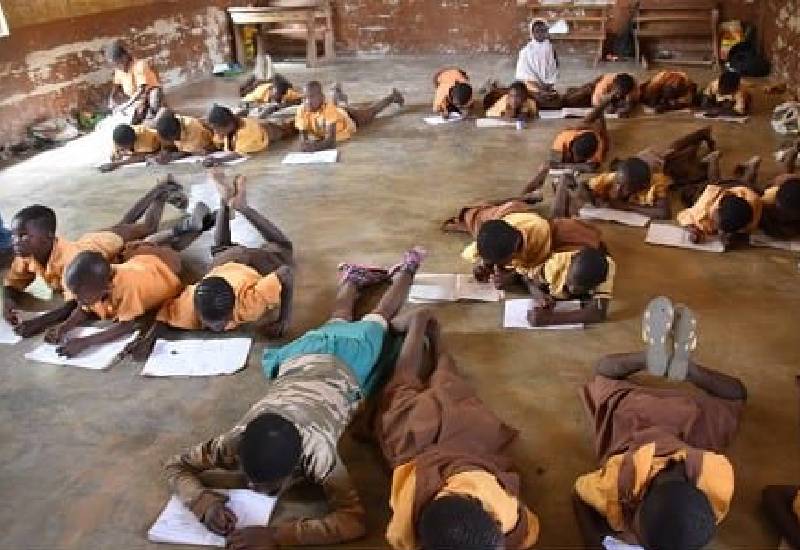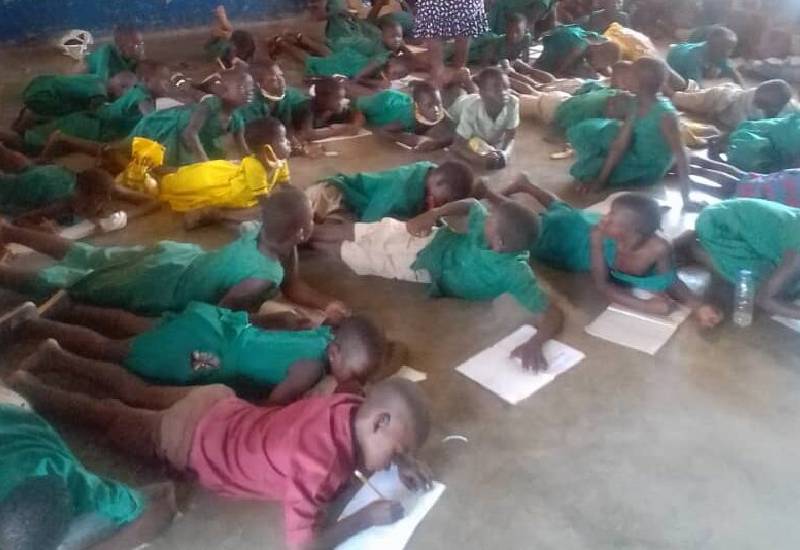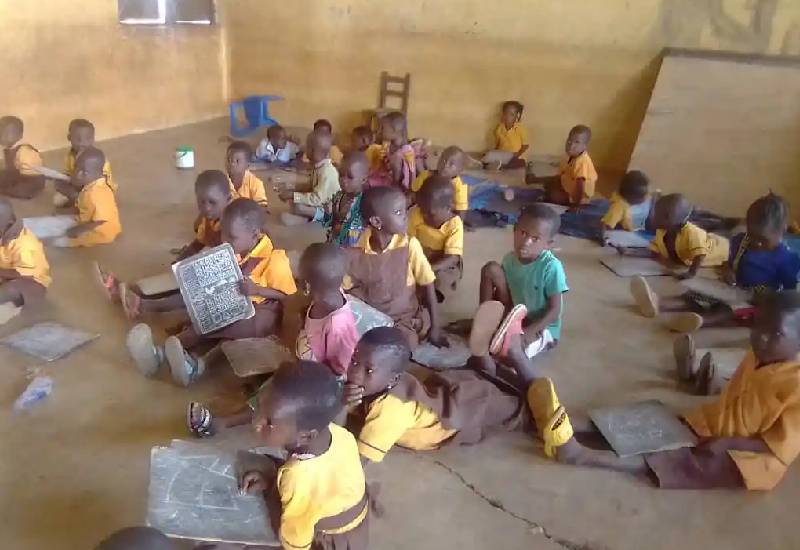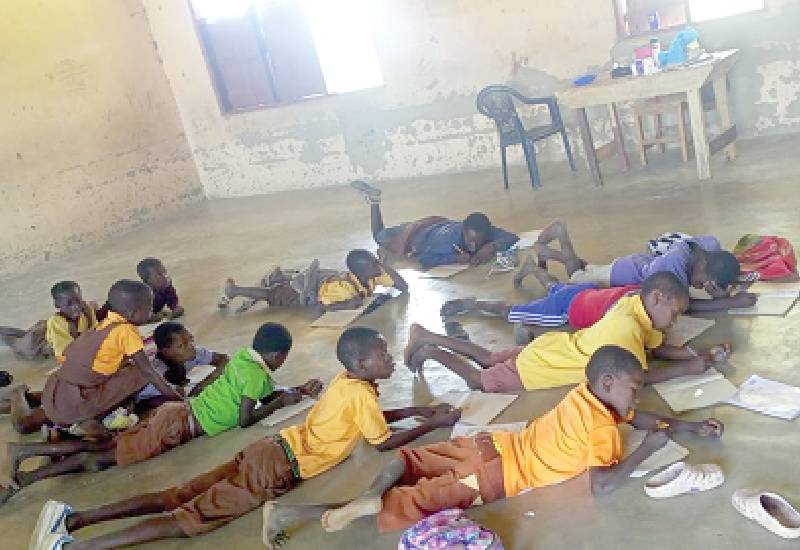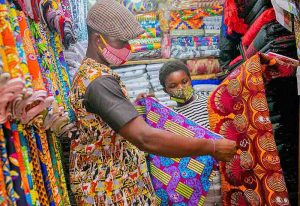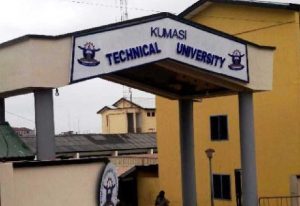The deplorable state of education in rural Ghana, particularly in public schools, is a glaring testament to the wicked leadership that has plagued the country for far too long.
Across the nation, school buildings lie in ruins, with crumbling walls and leaking roofs. Classrooms are overcrowded, with children forced to sit on bare floors or lie on their bellies to complete their schoolwork. The lack of basic amenities such as desks, chairs, and learning materials is appalling.
In rural communities, children endure arduous journeys to school, walking barefoot over great distances. Their uniforms are torn, and their stomachs often empty, as they struggle to meet the recommended three square meals a day. Exercise and workbooks are nonexistent, and reading books are scarce. Computers and electricity are luxuries that these children can only dream of.
Amid this educational crisis, the major political parties engage in petty squabbles over ownership of the free senior high school program, ignoring the fundamental problems that plague the education system. The ruling New Patriotic Party (NPP) has adopted a shambolic approach to addressing these issues, prioritizing political rhetoric over real solutions.
Traditional leaders, who should be advocates for their communities, have become mere sycophants, praising the government for perceived handouts that silence their voices about the dire situation on the ground. Both the NPP and the opposition National Democratic Congress (NDC) bear responsibility for this educational mess.
The hypocrisy of President Nana Addo Dankwa Akufo-Addo is particularly galling. In his opposition days, he vehemently condemned then-President John Mahama’s extravagant lifestyle, including the use of a private jet for conferences. Yet, as president, Akufo-Addo has indulged in similar extravagances, bathing in luxury while the education of Ghana’s youth suffers.
It is time for a radical change. Ghana needs leaders who prioritize the well-being of its citizens, particularly its children. The eradication of deplorable classrooms, the provision of basic amenities, and the addressing of the systemic issues that hinder educational growth must become top priorities.
The future of Ghana depends on the quality of education its children receive. Wicked leadership that stifles their educational opportunities must be condemned and replaced with genuine leadership that empowers them to reach their full potential.
Godwin Owusu Frimpong

